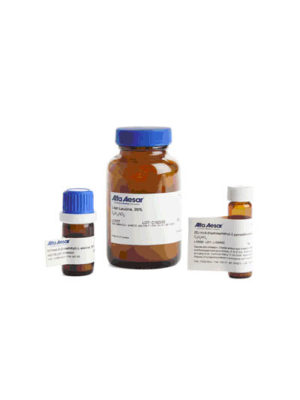Organo Chlorine

Organo Chlorine
Organo chlorine (or chloro carbon) compounds are organic compounds containing chlorine. In nature, chlorinated organic compounds are found in many biomolecules including alkaloids, terpenes, amino acids, flavonoids, steroids, and fatty acids. Alkyl chlorides are versatile building blocks in organic chemistry, and less expensive compared to other halides. Alkyl chlorides readily undergo attack by nucleophiles, such as hydroxide, alkoxides, aroxides (as in Williamson ether synthesis), alkyl and aryl mercaptans, amines, iodide (Finkelstein reaction), azides, formates, cyanides, and thiocyanates. They can be used to prepare alkenes and alkynes. They can be employed in the Grignard reaction, Wurtz reaction (reductive coupling), Wittig olefination, and several other reactions, to synthesize important compounds.
Organo chlorine compounds have a vast array of industrial applications which includes their use as a solvent (e.g dichloromethane, chlorobenzene), as an anesthetic (e.g. chloroform), and a refrigerant (e.g. dichlorodifluoromethane). Polychlorinated biphenyl derivatives are used as electrical insulators and heat transfer agents. The largest application of organo chlorine is the production of vinyl chloride which is a key starting material of well-known polyvinyl chloride, PVC. In the pharmaceutical industry, many organo chlorine compounds have been approved as drugs, e.g. antihistamine, antidepressant, and anti-epileptic drugs.

| Chloro- compounds | Organic Chlorides (excl acid chlorides) |
